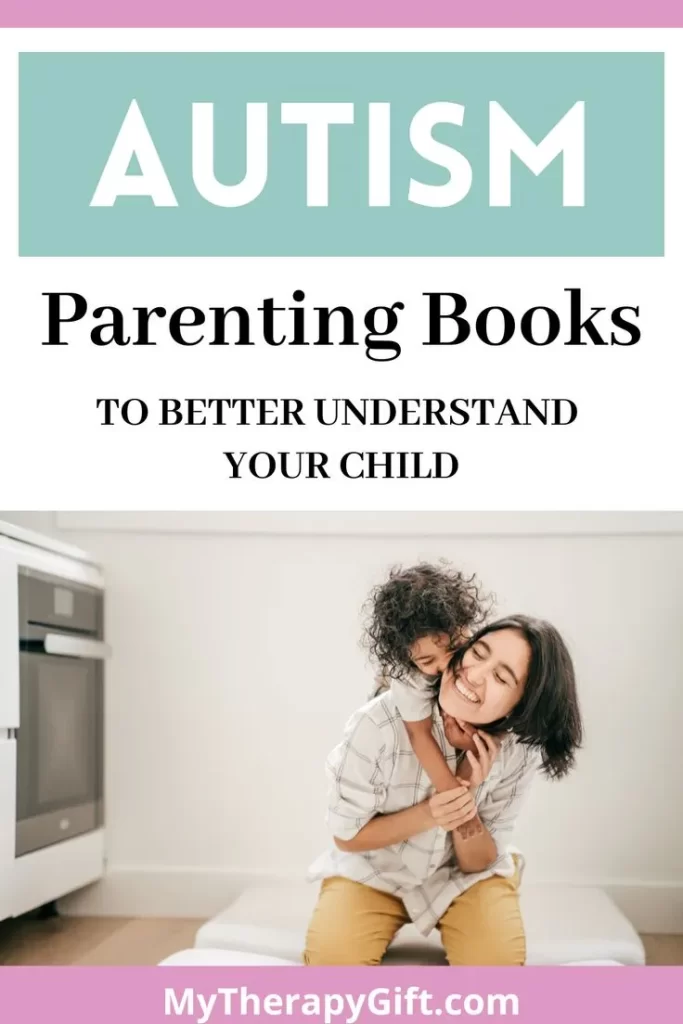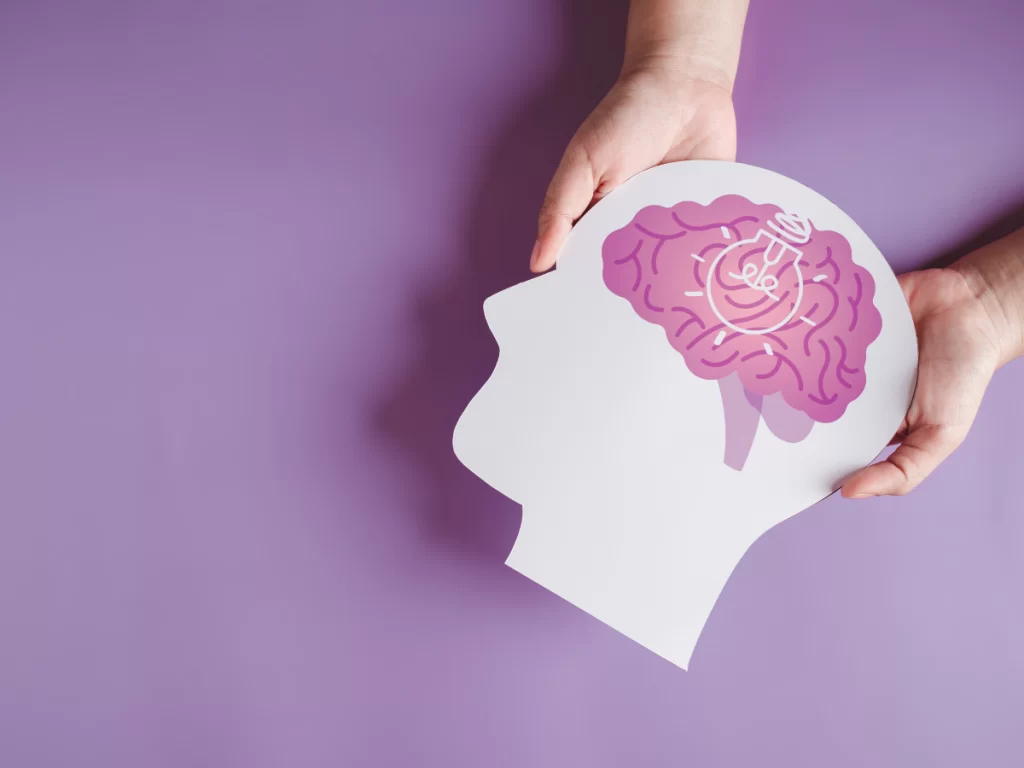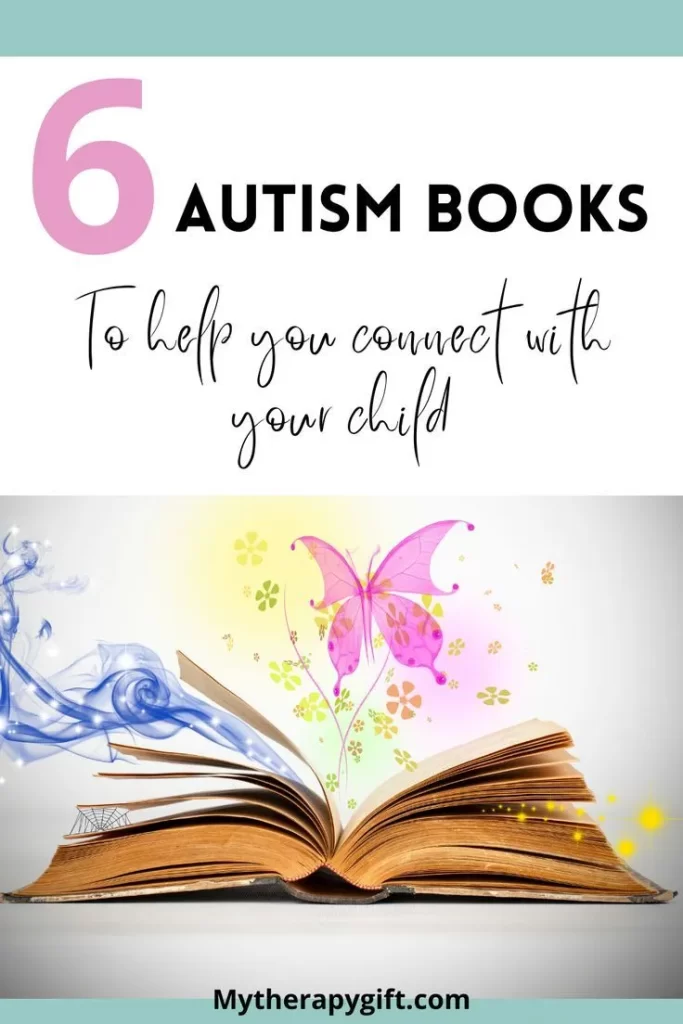Books For Parents About Autism To Better Understand Your Child
In this post you will be reading about Books For Parents About Autism To Better Understand Your Child.
If you’re like me and have a child with Autism (or an autistic child) then you are probably looking for some advice on what to do next.
Books for parents about autism is a great place to start!
Learning from other people’s experiences, whether it’s clinical or personal, is an ideal way to incorporate tips and tricks that will help you better understand your child’s particular needs.
Which in turn will help create a stronger bond.
Let’s dive in!
This post may contain affiliate links which means I may receive a commission for purchases made through links (at no extra cost for you). As an Amazon Associate I earn from qualifying purchases. Learn more on my Private Policy & Disclaimer page.
Autism Parenting Books List
Not all parenting books are the same.
You have those that talk about Autism from a more clinical – science based background while others are “teachings” you get from reading autistic authors personal experiences.
I’m adding a little of both worlds and then you can pick and choose what best fits your needs and reading preferences.
Books About Autism For Parents: Clinical Authors
1. “Uniquely Human: Updated and Expanded: A Different Way of Seeing Autism” by Ph.D. Prizant Barry M. and Thomas Fields-Meyer
Uniquely Human is an award winning book (Autism Society of America).
Author Barry Prizant Ph.D is a SLP (Speech-Language Pathologist) with over 50 years of experience working in the field. Read more about the author here.
Making it an ideal book if you want that expert approach.
What is truly unique about the book is the humane take the author has on the situation.
It is not as focused on the symptoms but more on understanding the individual in a human way.
An easy to read book full of insight where you get the best of both worlds, concepts/theories and real life examples.
It’s a great tool to better understand and embrace the struggles autistic individuals face and how to find better ways to connect through understanding.
A great book not only for families but anyone that is in contact with an autistic individual. Especially therapists and school staff.
2. “An Early Start for Your Child with Autism: Using Everyday Activities to Help Kids Connect, Communicate, and Learn” by Sally J. Rogers, Geraldine Dawson, Laurie A. Vismara.
An Early Start for Your Child with Autism, authors Sally Rogers, PhD, Geraldine Dawson Ph.D., and Laurie Vismara Ph.D. are highly educated mental health professionals.
Creators of the Early Start Denver Model which focuses on a comprehensive intervention model for toddlers with autism.
If you are looking for a more practical book that gives tips on how to incorporate therapy into every day life without making it feel like therapy, then this is the book for you.
It’s all about turning everyday situations, like going to the park, into an opportunity to connect and build on communication skills.
3. “A Parent’s Guide to High-Functioning Autism Spectrum Disorder” by Geraldine Dawson, James C. McPartland, and Sally Ozonoff
A Parent’s Guide to High-Functioning Autism repeat author Geraldine Dawson Ph.D., Sally Ozonoff Ph.D., and James Mcpartland cowrite a wonderful book to help parents of children who are high-functioning autistics.
An excellent guide to get parents started on strategies regarding school, therapies, and anything else the child may need.
The book is divided into two sections. The first being more of a historical and clinical understanding about Autism. And the second focuses on the practical advice and things one can do.
Every child is different and with this book you can starch mapping out what strategies will work best for your child.
4. “Ten Things Every Child with Autism Wishes You Knew: Revised and Updated” by Ellen Notbohm
This is another easy to read and award winning book.
Author, Ellen Notbohm is an internationally renowned author with two books on autism.
Ten Things Every Child with Autism Wishes You Knew and Ten Things Your Student With Autism Wishes You Knew.
This is a beloved classic (published in 2005) takes on a child lead take on explaining autism. Something that is at times ignored or goes unheard.
Placing the focus on 10 main characteristics many autistics experience and offering an insight into better understanding why and how to help.
Subject like sensory needs, needing help with social interaction, and most importantly focusing on what can be done and not what can’t.
It’s a wonderful addition to your personal library and to share with family & friends.
Books About Autism For Parents: Autistic Authors
5. “The Reason I Jump: The Inner Voice of a Thirteen-Year-Old Boy with Autism” by Naoki Higashida
Author Naoki Higashida was diagnosed with sever autism at 5 years old.
At the age of 13 he wrote his memoir “The reason I jump” explaining how his autistic mind feels, perceives, and processes information.
In his book he answers questions sometimes people may be too afraid to ask but wished they knew the answer to.
For example: Why does he line up his toys or avoids making eye contact.
If you are looking for a beautifully written and moving book with an autistic persons point of view, especially non verbal – limited speech, then this book is a wonderful choice.
6. Sincerely, Your Autistic Child: What People on the Autism Spectrum Wish Their Parents Knew About Growing Up, Acceptance, and Identity.
Author: Autistic Women and Nonbinary Network.
An organization that provides community support and resources to autistic individuals:
“women, girls, transfeminine and transmasculine nonbinary people, trans people of all genders, Two Spirit people, and all people of marginalized genders or of no gender”.
As a parent, the more we read and hear from other autistic individuals experiences, the better we can help our own children – young adults.
The unique value of this book is that it includes autistic women voices, transgender, assigned female at birth, and non-binary individuals.
If you are interested in reading about a variety of voices then this is the book for you.
In this post you read about Books For Parents About Autism To Better Understand Your Child.
To summarize
Getting that initial diagnosis for your child can be a real rollercoaster of emotions leaving one feeling lost and anxious.
I’ve been there, I still am there.
Even though my son is now 6 and past the “toddler years”. He’s moving into his pre-teen years in a blink of an eye.
And as parents we try to be prepared.
The more we read, hear, and interact the better we will be able to support and encourage our little ones development.





Leave a Reply